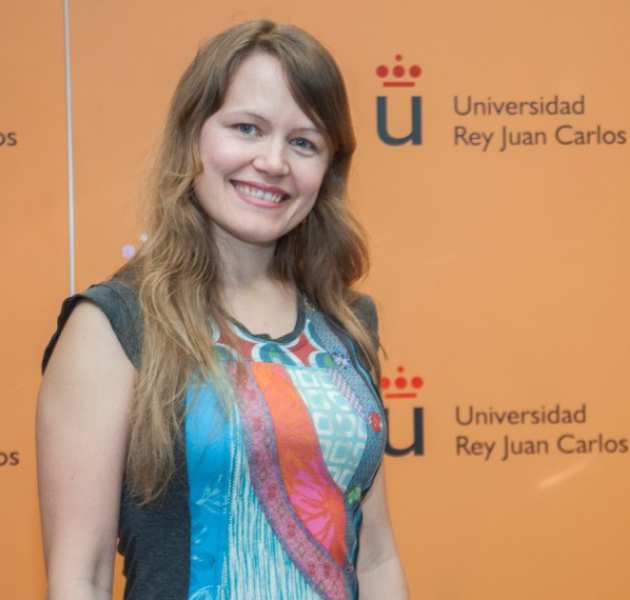Sofia Bayona
 Current role
Current role
Full-time assistant professor at the Universidad Rey Juan Carlos.
Date of completion
I completed the MEd in Surgical Education in 2010.
The most beneficial things about the programme
- Learning and experiencing the different teaching techniques
- Lessons were very instructive
- Professors taught us by applying the different techniques so that we could experience their benefits and disadvantages ourselves
- We had lots of practical work and the MEd was well organised
- Professors were very inspiring and motivating
My main areas of interest in surgical education
The difficulties surgeons experiment when learning and the way of overcoming them. I am particularly interested in using simulation and simulators as part of the curriculum.
Title of my dissertation
Learning, training and assessment with virtual reality simulators. Evaluation of insightArthroVR®
The most important outcome of my research
The main outcomes of my MEd dissertation were a training programme based on an educational theoretical background with the arthroscopy simulator, and research to evaluate it. The simulator proved face validity and the opinion of the participants in the study was very favourable. Construct validity and instructional effectiveness of the designed training programme were demonstrated for the first exercise included in the test (diagnostic arthroscopy in glenohumeral space), and partially proven for the other two exercises.
Reflection and critical thinking were applied when discussing and concluding about the possible implications and the impact of the research, entailing a further step in the progression to introducing virtual reality simulators within the surgical curriculum, and reflecting about the specific benefits of this particular simulator in the formation of future arthroscopists.
Since getting my degree, here are some of the things I’ve done in education
I have been teaching as an assistant professor at Universidad Rey Juan Carlos in Madrid, Spain. I continue teaching and researching, now within the context of The Human Brain Project (HBP), the Cajal Blue Brain, and the RASimAs project (Regional Anaesthesia Simulator and Assistant).
Next I'd like to:
I’d like to thank the FP7 Marie Curie Actions for the Intra-European Fellowship (grant PIEF-GA-2009-236642) and thanks to my research group, the GMRV at Universidad Rey Juan Carlos. Also, I’d like to thank all my professors there, especially Fernando Bello, Roger Kneebone, Kirsten Dalrymple and also Susan for always being ready to help. Finally, thanks to all my colleagues for their support regarding the clinical knowledge and for the shared good times.


